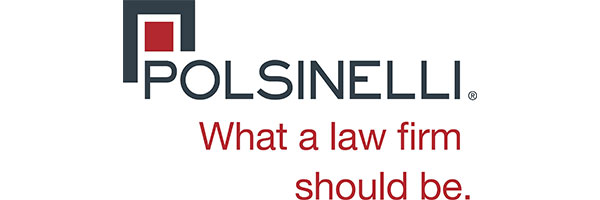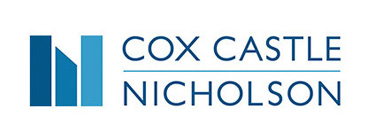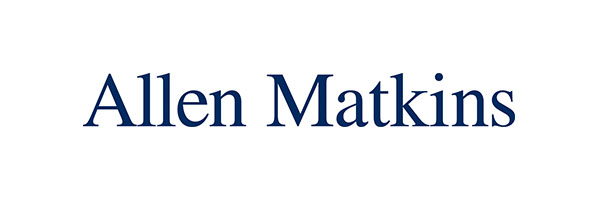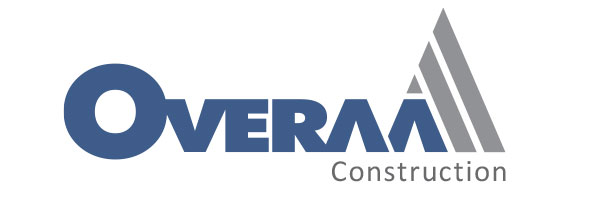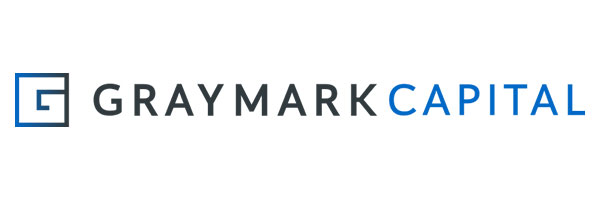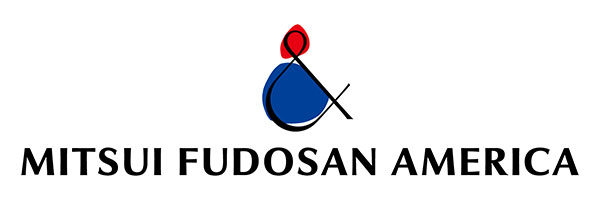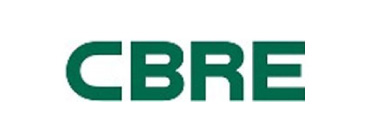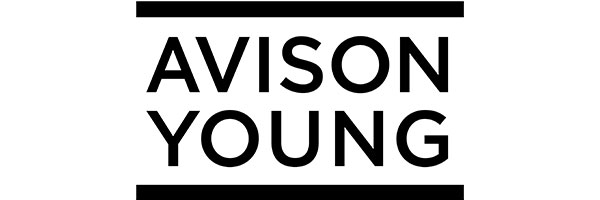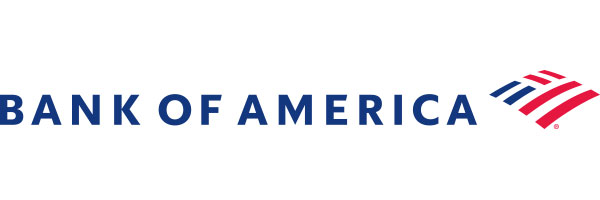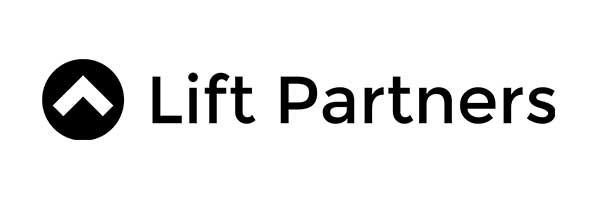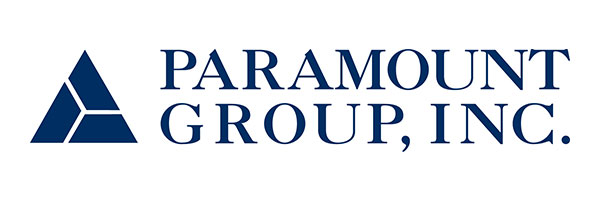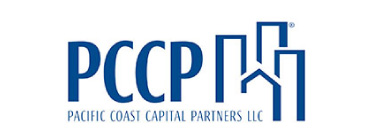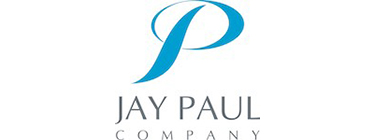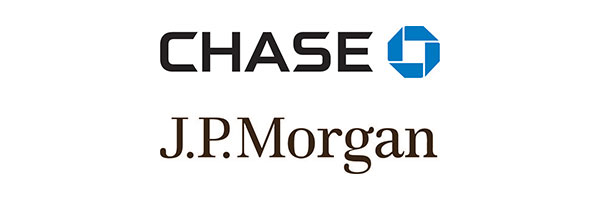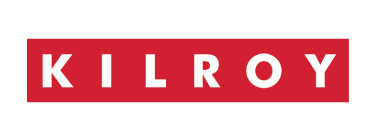CBPA's California Legislative Update 3/26/2021
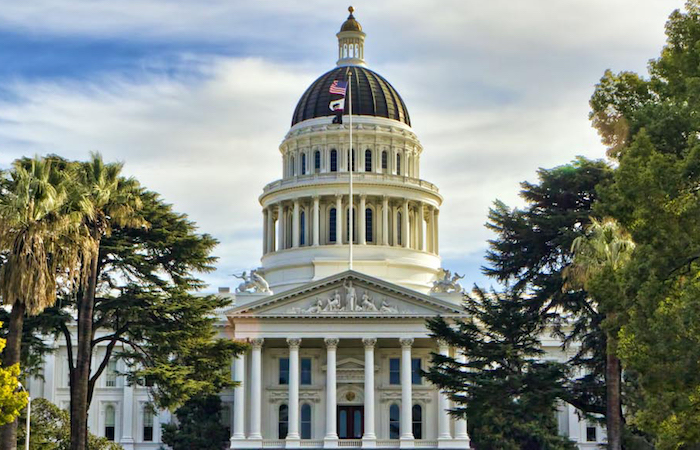
- JOB KILLER LIST RELEASED
- COVID-19 EMERGENCY SMALL BUSINESS EVICTION AND RENT RELIEF ACT
- BILL WILL STRENGTHEN PROP 13 AND INCREASE REVENUES
- AB 1547 AMENDED - WAREHOUSE BUILDING WILL GET MUCH HARDER
- MOBILE SOURCE BILL WOULD HURT GOODS MOVEMENT
- COVID VACCINE AND THE WORKPLACE
- CBPA 2021 CALENDAR
JOB KILLER LIST RELEASED
The California Chamber of Commerce released its preliminary list of “Job Killers” which it uses to call attention to the negative impact that 18 proposed measures would have on California’s job climate and economic recovery if they were to become law.
As a proud member of the CalChamber and an allied member of the business coalition, we have the opportunity to provide input to the list and do everything we can to make sure that issues impacting the commercial real estate industry are considered for inclusion.
“Many of these bills — particularly the labor and employment ones — seem to be solutions in search of a problem,” said CalChamber President and CEO Allan Zaremberg.
Zaremberg also questioned why the Legislature is not working on ways to reduce costs on businesses struggling due to the pandemic.
“Are policy makers unaware that unemployment filings increased last month? California employers cannot be the safety net for struggling workers. The billions of dollars coming to the state from the American Rescue Plan should be used to provide the safety net for struggling workers and help get businesses back up and running,” Zaremberg concluded.
Below are a few from the list of particular interest. We stand with the CalChamber in opposing these measures:
•AB 71 (Luz Rivas; D-Arleta) Massive Corporate Tax Increase: Significantly increases the state’s corporate tax rate and taxation on the gross income of international companies to create a homelessness fund, thereby shifting the responsibility of the crisis onto the private sector, despite the $15 billion in unexpected revenue.
• AB 1199 (Gipson; D-Carson) Targeted Tax on Homeowners: Unfairly imposes an excise tax on certain individual and corporate homeowners to pay for housing-related services, which will ultimately increase rental rates and worsen housing unaffordability for vulnerable tenants.
• AB 1295 (Muratsuchi; D-Torrance) Housing Development Ban: Removes local land use authority and exacerbates the housing crisis by prohibiting cities and counties from entering into a residential development agreement in Very High Fire Severity Zones, which strips local communities of their land use authority and applies a one-size-fits-all ban on development throughout large swaths of California.
• SB 55 (Stern; D-Canoga Park) Housing Development Ban: Removes local land use authority by prohibiting any residential or commercial construction in either Very High Fire Severity Zones or State Responsibility Area, which effectively bans development activity in 1/3 of the state of California and will exacerbate the existing housing crisis.
• SB 499 (Leyva; D-Chino) Housing Development Ban: Prohibits cities and counties from designating any land uses that have potential to adversely impact disadvantaged communities, even if any potential impacts could be mitigated. In doing so, the bill removes local land use authority, creates new costly California Environmental Quality Act (CEQA) litigation and worsens the state’s housing crisis.
• AB 995 (Lorena Gonzalez; D-San Diego) Costly Sick Leave Expansion on All Employers: Imposes new costs and leave requirements on employers of all sizes, by expanding the number of paid sick days employers are required to provide, which is in addition to all of the recently enacted leave mandates (COVID-19 sick leave, Cal/OSHA emergency paid time off, California Family Rights Act (CFRA) leave, workers’ compensation, etc.) that small employers throughout the state are already struggling with to implement and comply.
• AB 1003 (Lorena Gonzalez; D-San Diego) Criminal Liability for Good Faith Mistakes: Despite California’s onerous, confusing, and always-changing wage and hour laws, proposes to criminalize small employers, managers, and supervisors who in good faith make a mistake in the application of the law, that even the Labor Commissioner and the courts disagree with on how to interpret.
• AB 1074 (Lorena Gonzalez; D-San Diego) Onerous Return to Work Mandate: Imposes an onerous and stringent process for specific employers to return employees to the workforce for specified industries, including hotels and restaurants that have been disproportionally impacted by this pandemic, which will delay rehiring and employers’ ability to re-open after being forced to close or reduce operations due to COVID-19.
• SB 606 (Lena Gonzalez; D-Long Beach) Expansion of Cal/OSHA Authority and Enforcement: Significantly expands Cal/OSHA authority by allowing it to multiply penalties potentially by 10x or 100x against employers, and shut down facilities that it has not even physically inspected. Finally, creates multiple new presumptions of retaliation that are duplicative of existing protections and will generate litigation.
COVID-19 EMERGENCY SMALL BUSINESS EVICTION AND RENT RELIEF ACT
AB 255 (Muratsuchi; D-Torrance) was amended overnight and is now dubbed the “COVID-19 Emergency Small Business Eviction and Rent Relief Act.” Initial language for this bill mirrored provisions of SB 939 from last year, a measure that was deemed so unconstitutional and unworkable, it didn’t get out of it house of origin.
Over the past two months we have worked closely with the author and many of the more objectionable items from SB 939 have been removed from the bill, and we very much appreciated the author’s diligence in working with our industry to address those items.
However, because the bill asks commercial landlords to go without rent for an extended period of time, and removes the use of Unlawful Detainer in some circumstances, we will need to continue to work with the author to assure it doesn’t disadvantage one side of the business-to-business transaction.
We are also worried that as the bill is written it will create a disincentive for businesses that have receive state/federal COVID grants from paying their rent in order to prioritize and pay other debt. That is fundamentally unfair and will set a dangerous precedent.
Here is a quick summary (click on bill number below to read the full bill):
* Allows a commercial tenant with a decrease in average monthly gross revenue of 50% or more due to COVID to request rent relief for any debt accrued between March 1, 2020, and August 1, 2021, from its landlord by filing a “certificate of hardship”.
* Commercial tenant is defined as: A company or nonprofit with no more than 50 employees and gross revenues not exceeding $5,000,000.
* Requires a landlord that receives a certificate of hardship from a commercial tenant, to conduct a “good faith negotiation to form a plan to allow the commercial tenant a reasonable opportunity to repay COVID-19 lease debt while minimizing the hardship to the landlord.”
* Contains a hardship provision for the landlord if the rent relief would subject “the landlord to significant risk of default on their own financial obligations.”
* Protects a tenant that has paid at least 25% of rent during the time period from lease termination and unlawful detainer proceedings until August 1, 2022.
Your analysis/feedback and position recommendation on this version of the bill is appreciated and needed ASAP. The bill will be heard in policy committee in late April, which means we need to move quickly.
Click the bill to read the actual bill language: AB 255
BILL WILL STRENGTHEN PROP 13 AND INCREASE REVENUES
We are pleased to support SB 706 by Senator Pat Bates (R-Laguna Niguel) a bill that seeks to correct an outdated interpretation of property “change of ownership” that has been part of the long running debate around commercial property and Proposition 13.
Similar bills have been introduced in the past but were caught up in the politics of groups pushing for a split roll property tax and were stopped under the misguided notion that fixing this issue would imperil their proposition. Well, split roll (Prop 15) was defeated by a large margin in Nov. 2020, so hopefully this measure will now move forward,
According to Senator Bates, “Proposition 13 ensures that property taxes do not skyrocket for any California homeowner or business,” said Senator Bates. “But it is not right that some people have exploited an outdated interpretation of Prop. 13 to avoid paying the property taxes that they legitimately owe. While some people tried to use extreme examples last November as a pretext to wipe out Prop. 13’s tax protections for commercial property, the Legislature can instead use a scalpel to prevent further abuses.”
Strong endorsements for the legislation came from Jon Coupal (Howard Jarvis Taxpayer’s Association), Rob Lapsley (CA Business Roundtable), and Rex Hime (CA Business Properties Association) who said of the measure, “Enacting Senator Bates’ bill into law would be a good example of policy over politics. It would provide local governments with resources to meet their many needs.”
Click here for more information from Senator Pat Bates.
AB 1547 AMENDED - WAREHOUSE BUILDING WILL GET MUCH HARDER
Assemblymember Eloise Gomez Reyes (D-Gran Terrance) has amended AB 1547 with language that many warehouse owners and tenants believe will continue to drive companies out of the State of California. A policy that will make it very difficult to operate any type of warehouse or logistics center as it will give unprecedented tools to NIMBY groups to fight new projects, including requiring a higher level of CEQA review.
As amended, AB 1547 will require local governments, before approving a warehouse development project, to take certain actions to identify and address the potential environmental impacts of the project and to ensure public participation by residents affected by the project on the consideration of the project governments, this bill would impose a state-mandated local program.
According to the author’s office, AB 1547 seeks to require the following prior to the approval of a warehouse development:
* A 1,000-yard buffer zone between the boundary of the site and sensitive land use such as schools, parks, and residential neighborhoods.
* Local notice to the affected community with details about the project.
* Require on-site equipment such as forklifts and other dock machinery to be powered by zero emission technology.
* Require construction equipment to use highest emission standards currently available.
* Conduct an analysis of air quality impacts of the warehouse development taking into account the truck traffic increase caused by the project.
* Require project applicant to hold series of community meetings with affected residents to develop a community benefits agreement.
* Community Benefit Agreement must include: A plan to incorporate zero emission trucks; ensure use of zero emission last mile delivery; and local hire for jobs.
Many industrial warehouse facilities and logistics center employ many of these tools already in how they operate their facilities. And our industry tries to be good neighbors and address issues that come up with local government and nearby residents.
However, this type of statutory mandate on all facilities, will potentially be used as a cudgel to stop projects that some simply don’t want in an area. Logistics centers and warehouses are extremely important to the state’s economy – and getting food and goods to people’s homes and stores – we are concerned this bill could hamper operations, push them even further away from urban areas, and make everything more expensive.
Click here to read this outrageous legislation for yourself, AB 1547.
MOBILE SOURCE BILL WOULD HURT GOODS MOVEMENT
Another bill that would have a huge impact on our members that own and/or operate warehouse and logistics facilities is AB 426 (Bauer-Kahan; D-Orinda) which could have a huge negative impact on our state’s ability to move food and goods to market and to your homes.
A large group of industries, including commercial, retail, and industrial real estate, are working together to oppose AB 426. Consistent with the California Toxic Air Contaminant Act, diesel exhaust was identified as a toxic air contaminant in 1998. As required by the law, the California Air Resources Board (CARB) adopted a control plan (the Diesel Risk Reduction Plan) in 2000.
Since that time, CARB has implemented a comprehensive mobile source control program which has, in many cases, far exceeded the Diesel Risk Reduction Plan’s goal of reducing diesel exhaust by 85% by 2020. In addition, CARB continues to adopt new control measures requiring the use of zero and near-zero emission equipment.
The current regulatory mobile source programs by CARB already provided for in California law – including the latest generation of control technologies – have been wildly successful in reducing community exposures to both mobile and stationary source diesel emissions. For example, by January 1, 2023, diesel exhaust in nearly all on-road heavy-duty trucks will be reduced by more than 98%.
AB 426 would fundamentally change the successful two-step identification and control process in the California Toxic Air Contaminant Act as implemented in the Diesel Risk Reduction Plan.
The bill would also grant indirect source rule authority over existing sources in conflict with the Federal Clean Air Act which applies such programs to new or modified sources only.
In addition, this bill would duplicate existing facility-by-facility review and mitigation under the California Environmental Quality Act as well as the myriad regulatory and data collection efforts on mobile sources currently being implemented by CARB.
Although the bill has good intentions, we are forced to oppose because its an incredible overreach that will drive businesses out of the state, make it more difficult to ship food and goods to market and your homes, and will increase the cost over everything that has to move to get to consumers.
COVID VACCINE AND THE WORKPLACE
And so, you have more information about dealing with COVID in the workplace, as proud members of the California Chamber of Commerce, we are pleased to provide information they released today about how to deal with issues in the workplace related to vaccinations.
What is your responsibility as an employer to assure your workforce is vaccinated and what risks you do you incur by asking employees to make sure they are vaccinated? What is the CDC guidance and what is California state law?
Click here for more information about what role you should play as an employer when it comes to keeping your employees, tenants, and guests, safe at your workplace.
CBPA 2021 CALENDAR
Thursday, April 8, 2021
Industrywide Legislative Committee Meeting
Zoom
Tuesday-Wednesday, June 8 – 9, 2021
California Commercial Real Estate Summit
& CBPA Annual Board Meeting
Zoom
Thursday, October 21, 2021
Industry Awards Dinner
The Renaissance Hotel, Newport Beach
Thursday-Friday, December 2 - 3
Strategic Issues Conference & CBPA Board Meeting
Embassy Suites, Napa Valley
For more information on any of our events, please contact Melissa Stevens at 916-443-4676 or mstevens@cbpa.com.




